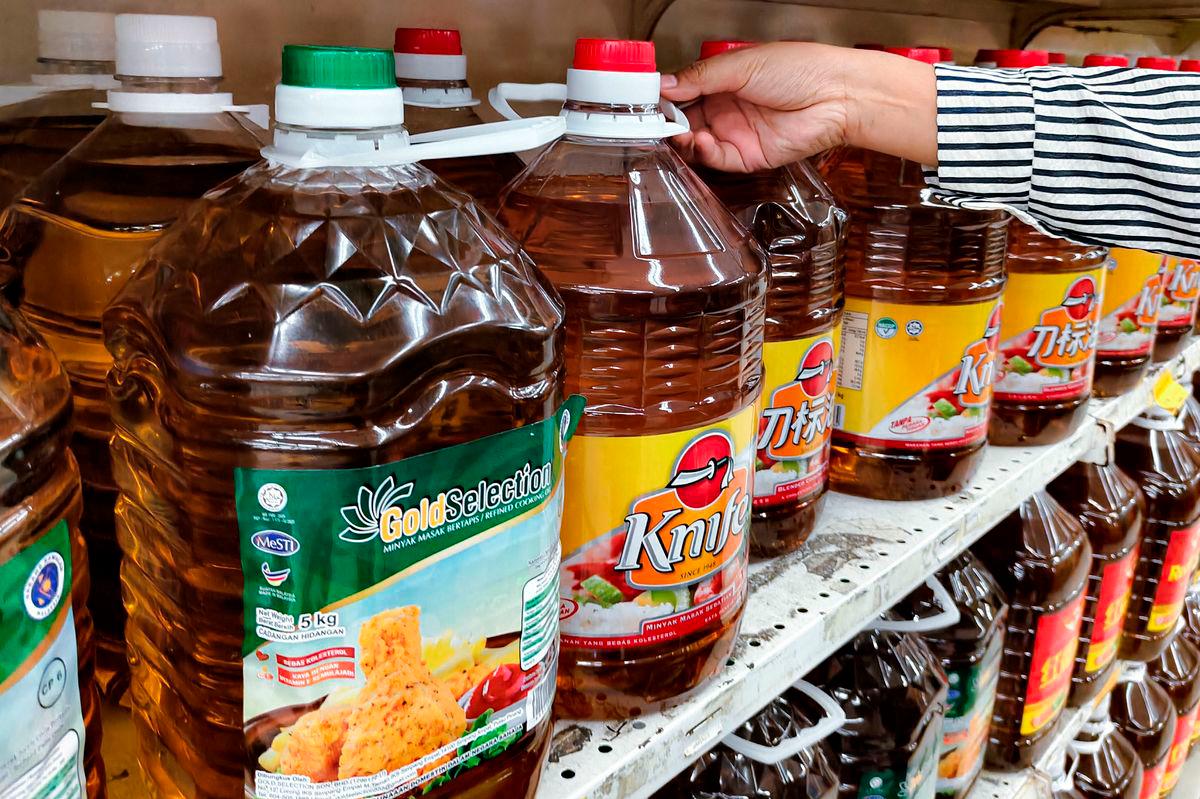KUALA LUMPUR: Weaknesses in the implementation, monitoring, and enforcement of Malaysia’s subsidised cooking oil programme have been highlighted in the 2025 Auditor-General’s Report.
The findings, tabled in the Dewan Rakyat, point to regulatory gaps in the Ministry of Domestic Trade and Cost of Living’s (KPDN) policies.
The report identified multiple issues, including the sale of subsidised cooking oil beyond permitted limits, open sales to ineligible consumers, and non-compliance with retail licensing rules.
Prices exceeding the RM2.50 per packet ceiling, lack of halal certification, and improper handling of spoiled oil were also flagged.
“Current policy does not specify that distribution must target eligible groups, allowing foreigners to benefit from subsidies,“ the report stated.
Auditors found that 55,167 kg of subsidised oil were sold to eateries, restaurants, and NGOs, violating programme guidelines.
Further discrepancies included wholesalers and retailers manipulating sales records, with 713,442 kg sold above the three-packet purchase limit.
Some retailers charged between RM2.60 and RM4.00 per packet, breaching the controlled price.
The audit also uncovered poor management of spoiled cooking oil, with two companies storing 942 kg for resale to used oil traders.
Additionally, 16 firms were found repackaging spoiled oil.
Among 72 packaging firms sampled, nine lacked halal certification, with six falsely printing halal logos.
To address these issues, the report recommended that KPDN strengthen the Cooking Oil Price Stabilisation Scheme (COSS) SOPs, enforce targeted distribution, and adopt digital monitoring via eCOSS.
Stricter penalties, including licence revocation for violators, were also suggested.
“KPDN must collaborate with enforcement agencies to ensure compliance with the RM2.50 price cap,“ the report urged.
The ministry was also advised to develop clear procedures for spoiled oil disposal and make halal certification mandatory for all packaging firms. – Bernama









